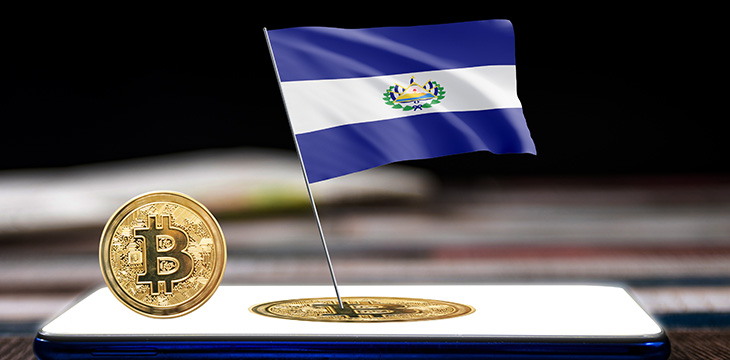|
Getting your Trinity Audio player ready...
|
“Where is my BTC?” This is the question that several Salvadorans are asking their government in the latest blow to the BTC adoption narrative of the Central American country. Users of the state-issued Chivo BTC wallet have been reportedly losing their funds mysteriously in recent months, and the state has refused to shed more light on what’s going on.
El Salvador has faced a stream of challenges ever since their fascist president Nayib Bukele announced at a BTC event in Miami that he was making the digital currency legal tender. The Bitcoin Law, which was bulldozed through parliament, decreed that all businesses must accept BTC payments. This dictatorial law didn’t sit well with most of the 6.5 million residents, and there have been riots and protests since it became law.
The latest blow is much more concerning than the rest. Residents claim that their funds have been disappearing from their wallets, and the state has made no effort to address their complaints or shed light on what’s been going on.
A report by weekly science and tech outlet New Scientist revealed the funds disappearance, which was first brought to light by a Twitter user under the pseudonym El Comisonado.
Hilo con algunos afectados por la Chivo Gualet.
1- $16,000 pic.twitter.com/EC3hehXKDz
— El Comisionado (@_elcomisionado_) December 18, 2021
Speaking to the outlet, the Salvadoran revealed that following the disappearance of his own funds from his Chivo wallet, he set out to find others with similar complaints and had seen several dozens. Of the people he found, the collective amount they claim to have lost is close to $100,000. Some of the funds lost were as little as $61, while others lost thousands.
Appealing directly to the laser-eyed president, one resident stated, “There is a security flow on the wallet where money and transactions disappeared. No tech support and only useless calls, where is my money?”
#bitcoincity @chivowallet @nayibbukele there is a security flow on the wallet where money and transactions disappeared. No tech support and only useless calls, where is my money #chivo
— 🇸🇻 Luis A G – Salvadoreño🇸🇻 (@Luis_A_G_SV) December 24, 2021
Bukele has always been quick to take to Twitter to talk about the apparent success of his BTC experiment. However, he has been suspiciously quiet on the funds disappearance, even when the residents have appealed directly to him on social media. But then again, this isn’t a surprise given his track record of insisting on his way or the highway (he once brought heavily armed military to parliament to force through his bill, which legislators had rejected).
El Comisonado revealed that the funds disappearance stretches back months, telling the New Scientist, “The government has not responded, nor does it acknowledge the errors. It’s one of the things people are demanding, that they respond to their complaints. Many have waited several months for a response to get the money back.”
Bukele is unlikely to back down from his goal of making El Salvador the BTC country, regardless of the dire effect this may have on the residents. Already, the Bitcoin Law has greatly affected the country’s ability to attract funds from global investors, with its bond prices continuing to fall. In November, they hit a record low with the International Monetary Fund calling on Bukele to reverse the law or risk seeing his country’s economy go belly up.
Bukele’s response has been to double down on his BTC pipe dream. A month ago, he announced that he was building a Bitcoin City that would cost the country $16.5 billion. The project will be kick-started by a $1 billion BTC bond, with half the amount going to the city and half this amount being hodled for five years. And unsurprisingly, the bond is being handled by two of the biggest BTC firms—Blockstream and Tether’s parent company iFinex.
As Bukele gains great popularity among the BTC folks, his people are feeling the effects of a poorly planned and executed BTC law.
“It crushes my soul to see Bitcoin maximalists around the world cheering this when, if they actually sat down and read the law and regulations, it is completely opposite to everything they preach,” one resident told a digital currency news outlet.
Follow CoinGeek’s Crypto Crime Cartel series, which delves into the stream of groups—a from BitMEX to Binance, Bitcoin.com, Blockstream, ShapeShift, Coinbase, Ripple,
Ethereum, FTX and Tether—who have co-opted the digital asset revolution and turned the industry into a minefield for naïve (and even experienced) players in the market.

 02-12-2026
02-12-2026 




